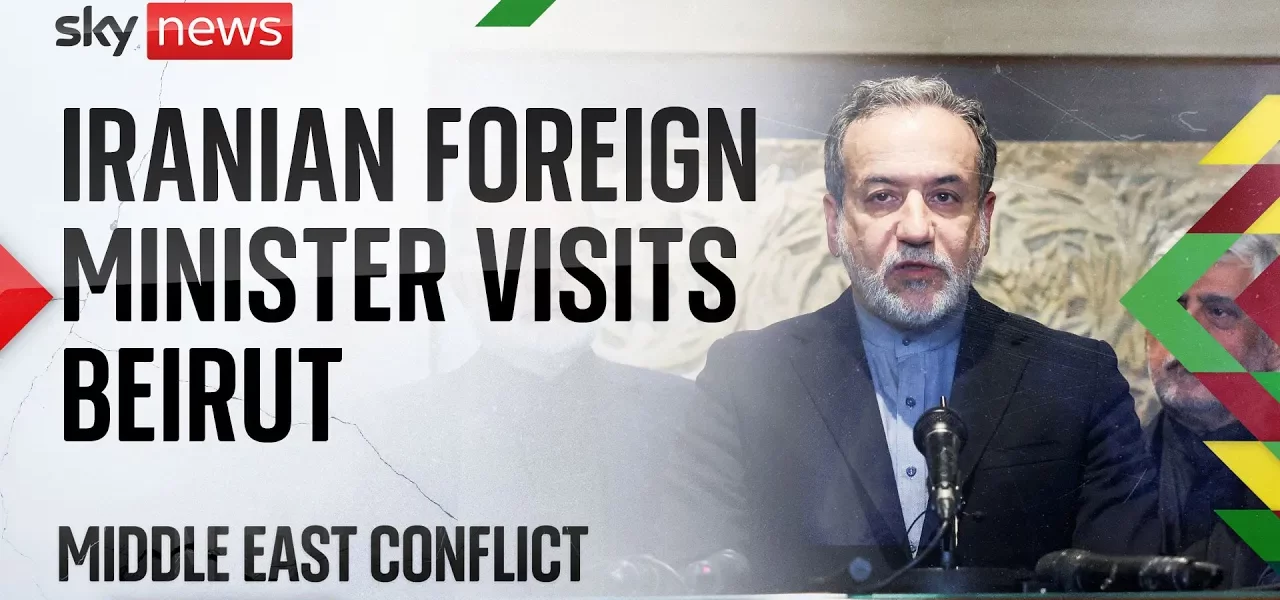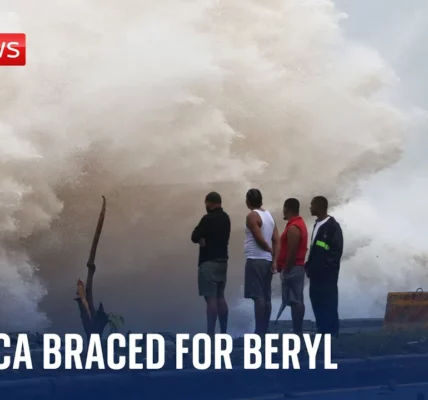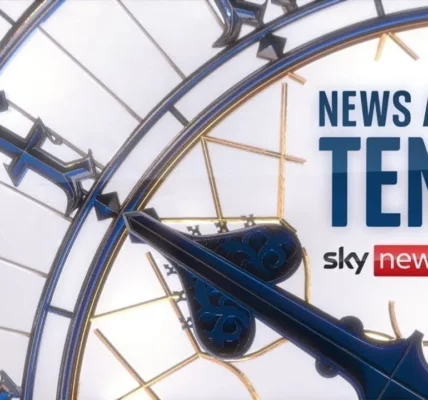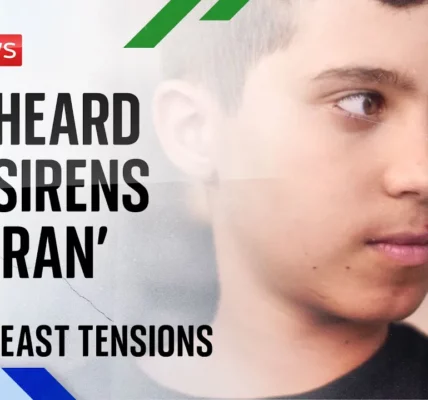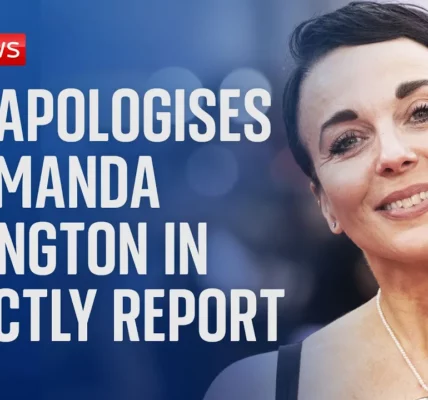Iran’s Foreign Minister Visits Beirut: A Show of Support for Lebanon

In a significant diplomatic move, Iran’s Foreign Minister visited Beirut, emphasizing support for Lebanon and Hezbollah amidst rising tensions with Israel. This article delves into the implications of his visit and the nuances of Iran’s role in the region.
Introduction
The visit of Iran’s Foreign Minister to Beirut marks a pivotal moment in Middle Eastern diplomacy, particularly in the context of the ongoing conflict between Israel and Hezbollah. This meeting is not merely a gesture of solidarity; it reflects deeper geopolitical dynamics and the intricate relationships among regional players. Amidst airstrikes and military threats, this visit underscores Iran’s commitment to its allies and its strategic posture against perceived threats.
Significance of the Visit
The Iranian Foreign Minister’s visit to Beirut is significant for several reasons:
- Demonstration of Support: This visit serves as a reassurance to Hezbollah and the Lebanese government, emphasizing Iran’s backing in a time of crisis.
- Rare Public Appearance: Iranian ministers are seldom seen in such public forums, making this visit noteworthy.
- Security Implications: The minister’s presence in Beirut, despite ongoing Israeli military actions, indicates a calculated risk and a strong message of defiance.
Details of the Meeting
During his brief press conference, the Iranian Foreign Minister articulated several critical points:
Assurance to Hezbollah
He emphasized Iran’s unwavering support for Hezbollah, portraying them as key allies in the broader struggle against Israel. This assertion is crucial given the ongoing tensions and military confrontations.
Conveying a Military Message
The minister’s statements included a direct threat to Israel, echoing remarks made by Iran’s Supreme Leader. He specified that any Israeli attack would provoke a powerful response, targeting Israeli energy and gas installations as a primary focus.
Regional Context and Reactions
The backdrop of this visit includes escalated military actions and a complex web of alliances:
Current Military Tensions
As the Israeli military conducts airstrikes in southern Beirut, the Iranian Foreign Minister’s visit serves as a counter-narrative to Israeli aggression. His presence reinforces the idea that Iran remains a pivotal player in regional conflicts.
Responses from the Lebanese Community
The Shia community in Lebanon has expressed mixed feelings about Hezbollah’s role. There is a sentiment that while Hezbollah bears the brunt of the conflict, Iran’s involvement is often perceived as limited to verbal assurances rather than active military support.
Conclusion
The visit of Iran’s Foreign Minister to Beirut is a critical moment in understanding the dynamics of Middle Eastern politics. It underscores Iran’s commitment to its allies, particularly Hezbollah, while also sending a clear message to Israel regarding the consequences of military aggression. As tensions continue to simmer, this partnership will likely influence future developments in the region. For more insights on Middle Eastern geopolitics, explore our related articles on Hezbollah’s role in the region and the Israeli-Palestinian conflict.
“`
